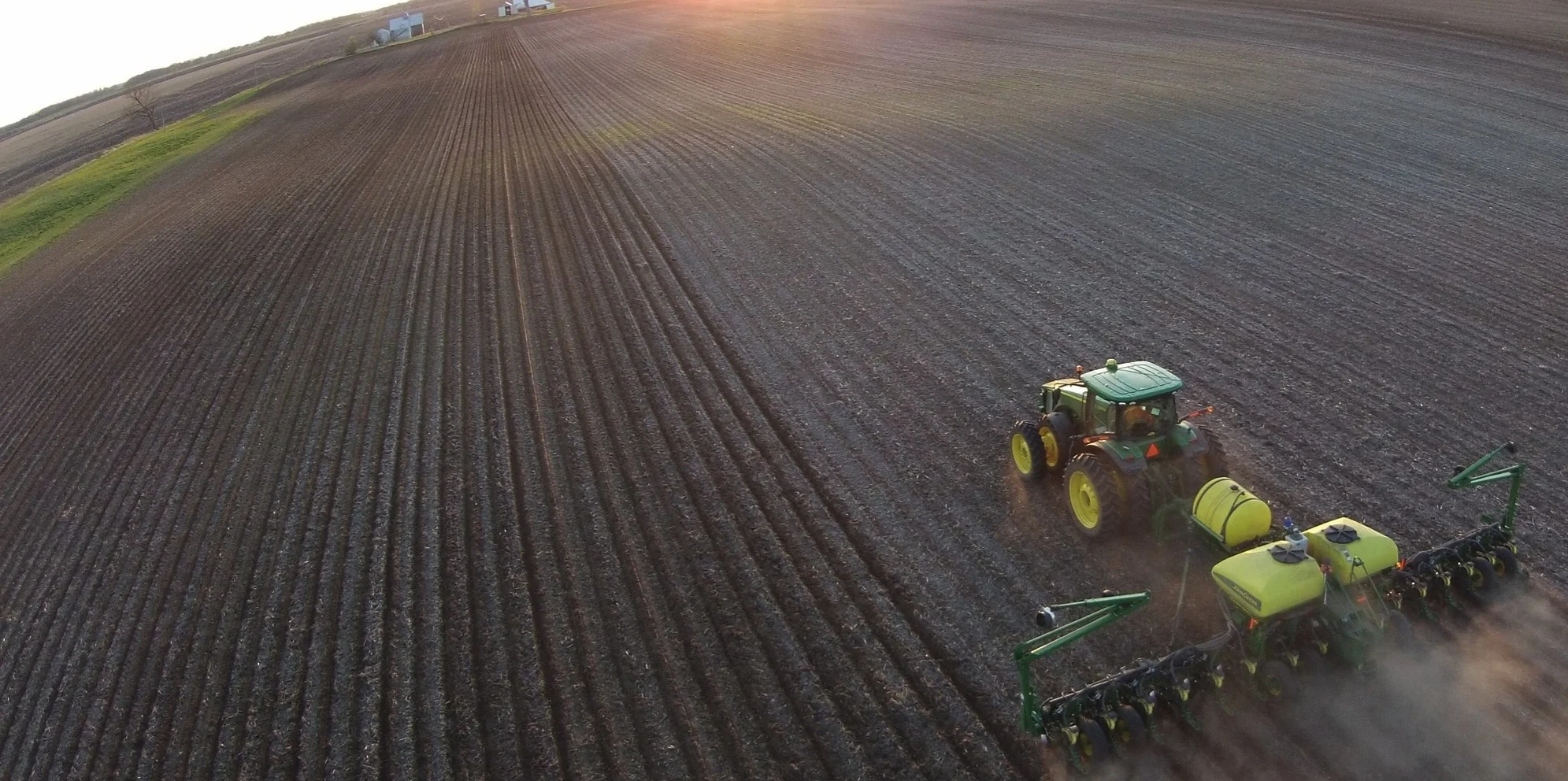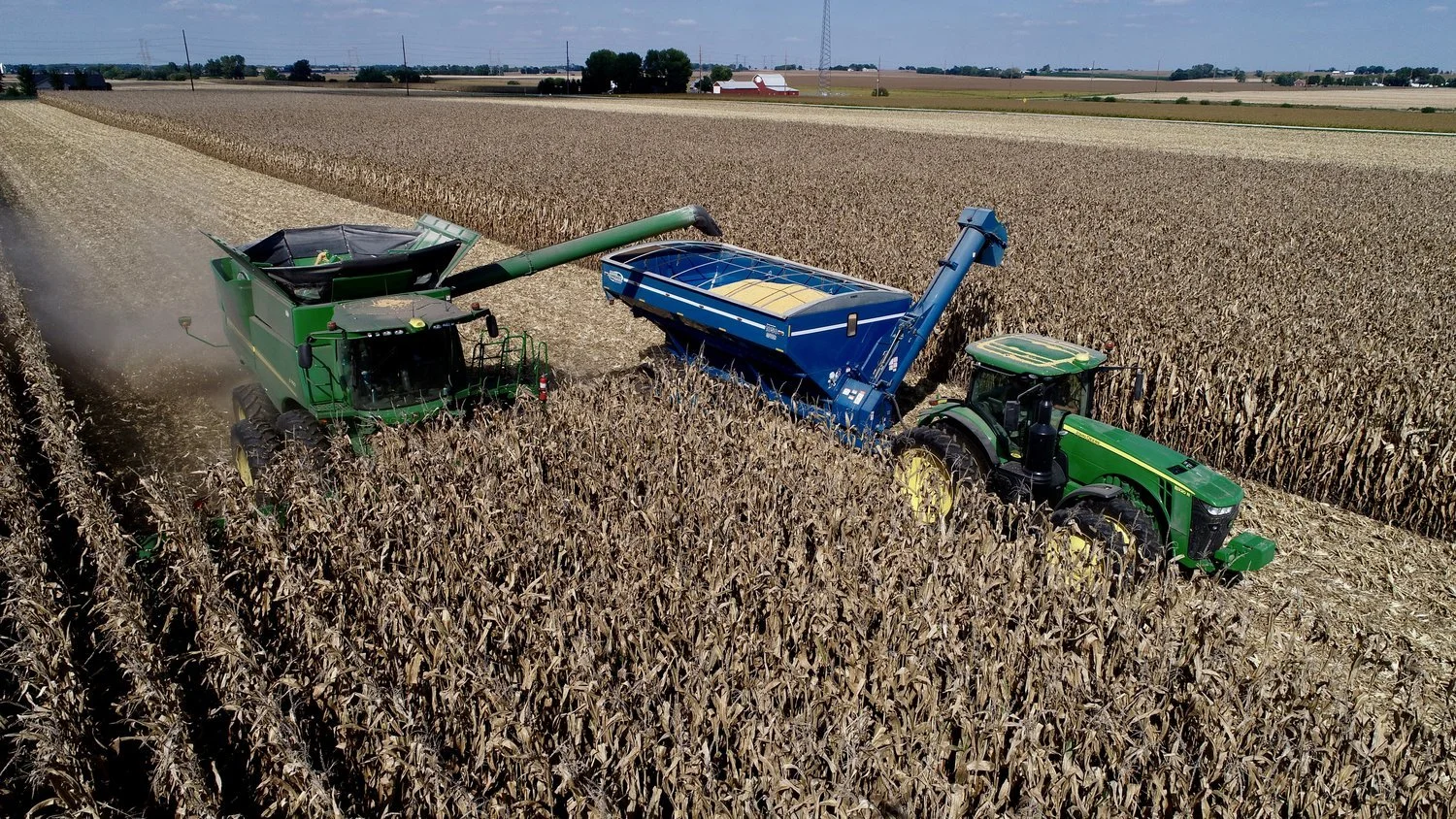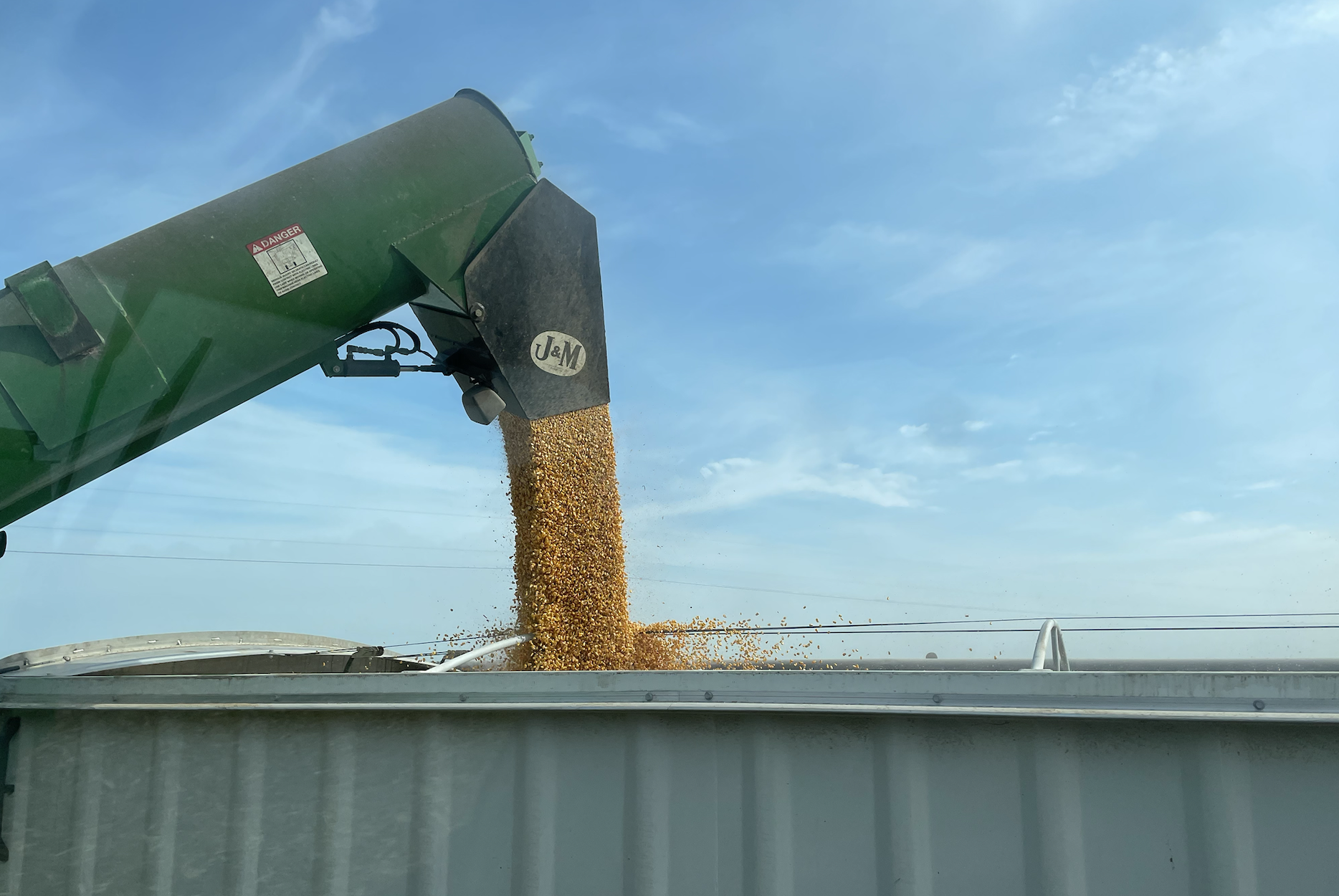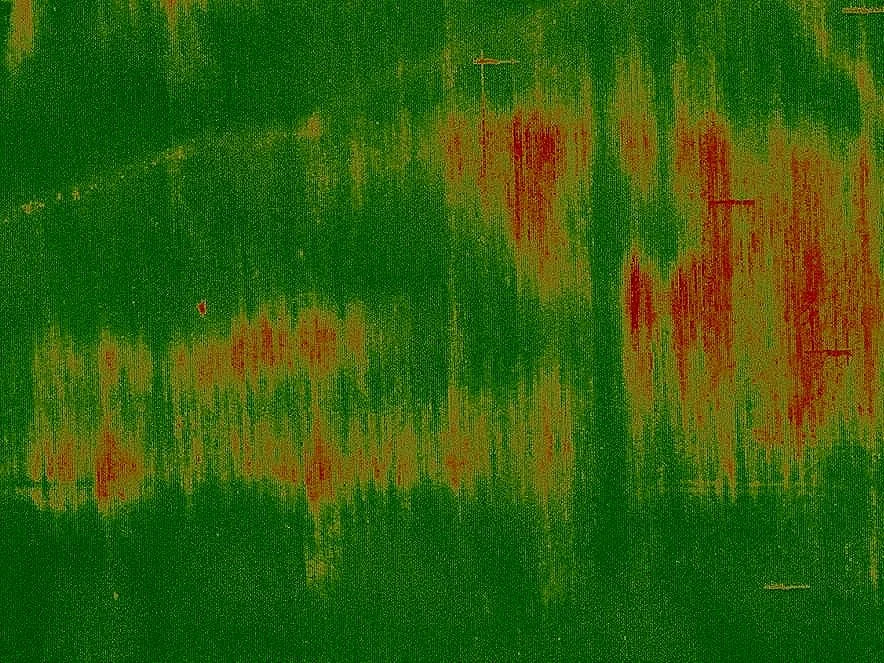7 Questions to Ask Before Signing a Letter of Intent to Build an Anaerobic Digester
/The struggles of the dairy industry have been widely covered by the farm press and national news organizations. Decreased fluid milk consumption, large dairy processor bankruptcies, small dairy exits, and the rise of plant-based alternatives are all causing headaches for the industry. But there is a bright spot. The demand for clean energy is causing a resurgence in interest in anaerobic digesters. Although digesters have been “on the horizon” for years, the economics never made them practical, except at a few farms. That has changed in the last twelve months.
Many farmers are now being approached by developers—typically investors and energy companies--that want to build digesters on their farm. What questions should a farmer ask a developer before deciding to sign a letter of intent to proceed?
Source: US EPA 2020
Do you (the developer) already have a project on the ground? In most instances, the farmer should be not be the developer’s Guinee pig. The developer should be able to provide examples of other digesters the developer has built and operated in the past. The success (or failure) of these other projects should be a good indicator of a new project’s chance of success.
Can I talk to the other farmers involved with your other projects? If the developer has constructed and operated other digesters, you should ask to talk with the farmers involved in those projects. These farmers can explain the problems they have encountered and how the developer responded. The developer may be reluctant to provide references, citing confidentiality concerns. But from my perspective, that should be a red flag. Successful ventures want people to talk about them.
Do you have funding lined up for construction? A good developer should have funding arranged prior to signing a letter of intent with a farmer. If funding will be procured only after the farmer commits to move forward, that may just be an attempt to prevent the farmer from signing a deal with a competitor.
Do you have long-term contracts in place to sell gas or energy? This is equally as important as having funding in place for construction. If the project cannot cash flow after it is constructed, the farmer’s revenue stream will dry up. Anyone building a digester should long-term supply contracts locked in.
Who gets the carbon credits? The carbon market is a rapidly evolving place. That also means it is extremely speculative to estimate what an aerobic digester’s carbon credits will be worth in years to come. Most likely, the developer will want this potential revenue stream. Understand you may be giving up an enormous upside if these markets take off years from now. However, if the developer has a long-term contract in place with a company ready and able to market the carbon credits to increase returns (ensuring viability), you may be in an even better place financially than having to market those credits yourself.
Who pays for manure transportation costs? This may be trivial at the beginning of the project, but if the developer determines that more manure is needed or required to satisfy its supply contract obligations, the manure may have to be trucked in from further way. This could add significant costs to operation. Who bears the costs to procure and transport future capacity increases?
Who gets the tax credits? There may be significant tax credits for ownership or operation of a digester. Just who gets these credits is an important point and should be negotiated up front.
These are not the only questions to ask a developer. They are a guide to start the discussion. Finally, never be pressured to make a quick decision. Take your time to review the proposal, get a second opinion, and interview references. Take time to discuss with an attorney. A letter of intent can be tricky, some parts may be binding other parts may be only aspirational. The future looks bright for more digesters on the farm. Make sure your decisions are well-thought out for your long-term operations.
Special thank you to Ashley Ellixson, VP of Environmental Affairs for the United Dairymen of Arizona, for assistance with writing this article.













